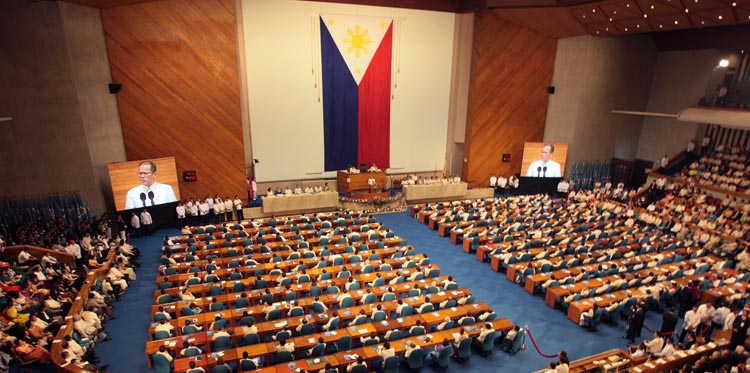Legislators in the Philippines are looking to introduce a new bill aimed at imposing tighter regulations on money laundering activities in the country. The new bill targets the casino industry via the Anti-Money Laundering Act and looks to put a cap on ‘covered transactions’ at casinos at a $3,200 aggregate.
The ‘covered transactions’ aggregate is significantly lower when compared to what Macau’s casinos follow. The average aggregate is around $62,600 in Macau’s casinos and the U.S. Department of State has continued to push Macau to reduce the cap and report any transactions that are more than $3,000 which is as per international standards. The casino industry in the Philippines has benefitted from the decline in Macau’s casino industry but the growth has also resulted in the increase in money laundering activities.
Earlier this year, there were reports of an online theft from the Bank of Bangladesh amounting to $81 million and investigations revealed that $63 million was routed to the Philippines and a significant amount of cash was diverted into the Midas Hotel and Casino in Manila and the Solaire Resort and Casino in Entertainment City. The money was washed in the casino in exchange for gaming chips.
The lower legislative house in the Philippines had earlier introduced a bill to include all casinos in the Anti-Money Laundering Act (AMLA). This was backed up in the upper house as well after Senator Panfilo Lacson filed the Senate Bill 45 in the Senate. Lacson who is an ex-director general of the Philippine National Police wants to include art dealers, real estate brokers and casinos under the new AML statue.
The new bill will push casinos to be diligent in obtaining customer identification and have the authority to temporarily withhold a transaction that is deemed suspicious or decline additional transactions if they have reasonable cause to believe that it violates the AMLA. Lacson acknowledged the fact that while the casino industry was making significant contributions to the country, it was important to realize that casinos were now being targeted by money launders.
Senate Bill 45 goes on to state that the “receipt of cash for transmittal through wire or telegraphic transfer for or on behalf of a customer; payments in cash of funds received through wire or telegraphic transfer; cashing of cheques or other negotiable instruments; [and from] receiving money, the purpose of ownership of which cannot be ascertained within a period of seven days, unless the AMLC prescribes a different period, from the date of the receipt.”
When the Bangladesh money laundering scandal broke in March 2016, officials in the Philippines were not sure which public body was responsible for investigating the money laundering trail. Lacson’s Bill 45 will authorize Bangko Sentral ng Filipinas, the central bank in the country to be the final authority in AMLA for the supervising of money changers, money transfer businesses, foreign exchange dealers and remittances.



